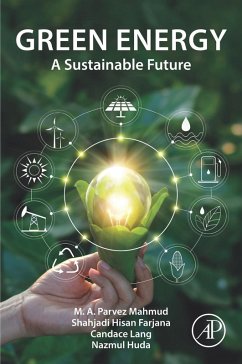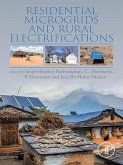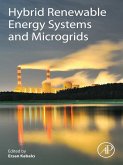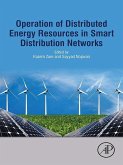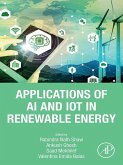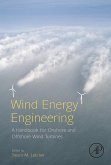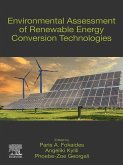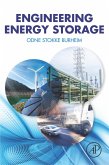Green Energy: A Sustainable Future looks at life cycle assessment theory, practice, and methodologies applied in renewable energy power plants. The state-of-the-art life cycle assessment methodologies applied in power generation units are discussed following LCA analysis and key findings from energy production processes. Providing fundamental knowledge of how to measure sustainability metrics using life cycle assessment in renewable power plants, this title outlines state-of-the-art research about LCA methodologies related to low-carbon energy systems, their outcome, and how to relate the sustainable power concept with a circular economy. With theoretical concepts of LCA applied in low-carbon power generation systems, outlining environmental impacts based on comprehensive examples and case studies in solar PV, solar thermal, hydropower plants and micro-grids, this book is of great interest to engineers, policy makers, researchers and academics in the area of electric power engineering.
- Consists of extensive and comprehensive life-cycle assessment examples and case studies for various renewable energy plants
- Enables power engineers to evaluate the sustainability index through environmental impact assessment in renewable power plants and micro-grids
- Includes assessment results showing future pathways for sustainability enhancement
Dieser Download kann aus rechtlichen Gründen nur mit Rechnungsadresse in A, B, BG, CY, CZ, D, DK, EW, E, FIN, F, GR, HR, H, IRL, I, LT, L, LR, M, NL, PL, P, R, S, SLO, SK ausgeliefert werden.

